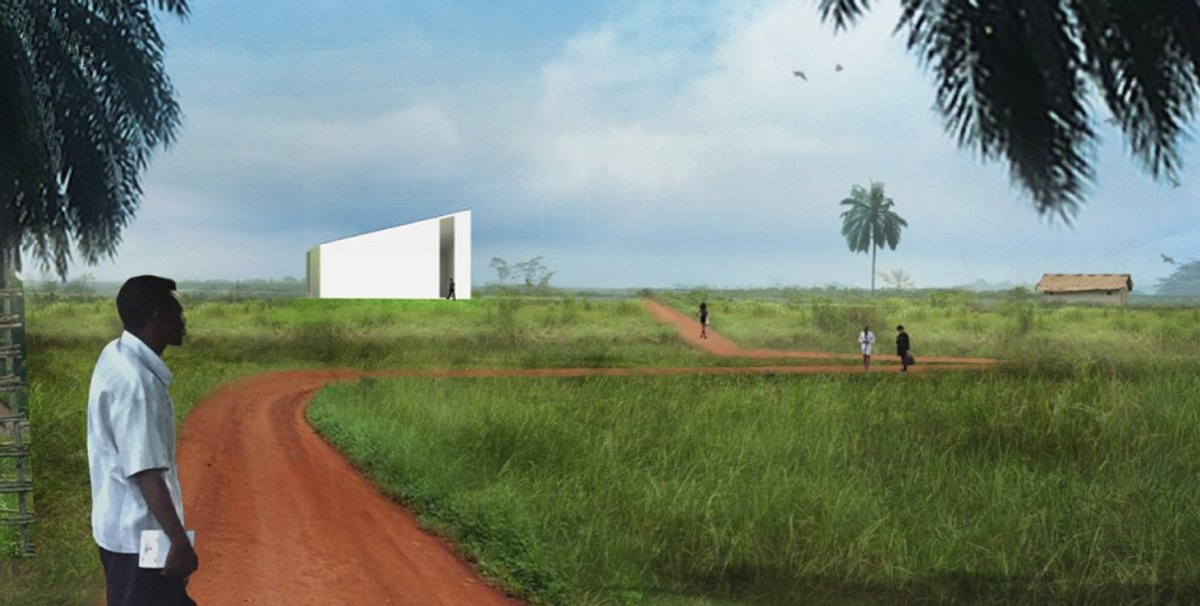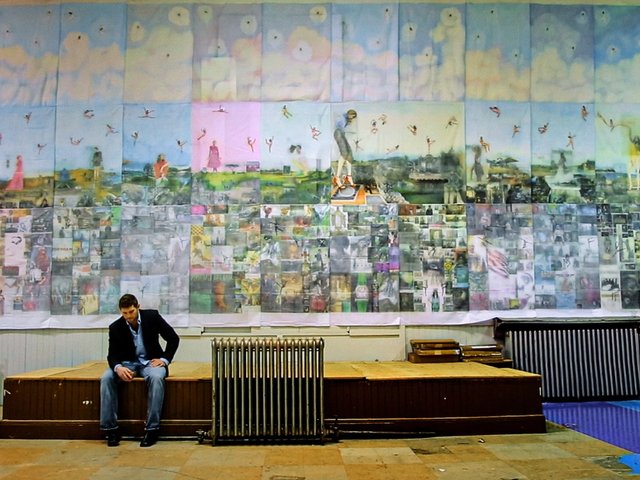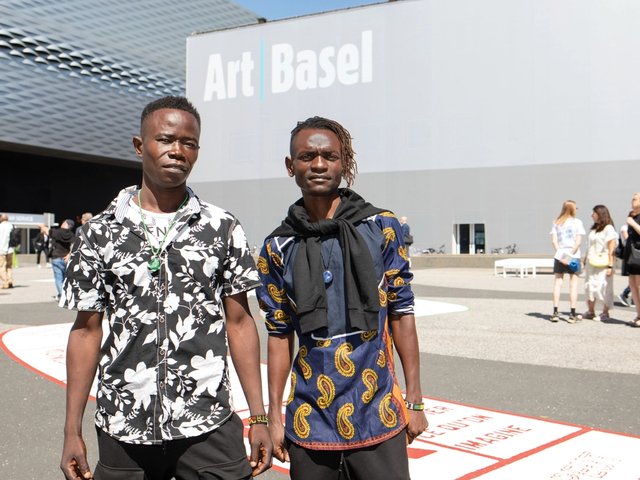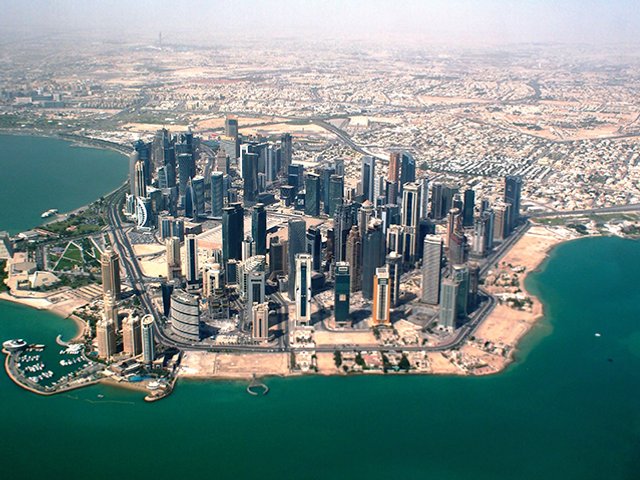A new museum due to open on 21 April in the Congolese forest aims to “repatriate” the white cube space. Built on a former palm oil plantation of the English-Dutch company Unilever, a major sponsor of museums in the UK and the Netherlands, the White Cube is part of the Lusanga International Research Centre for Art and Economic Inequality in the Democratic Republic of Congo. Designed pro-bono by the Office for Metropolitan Architecture (OMA), it is the Dutch firm’s first museum in Africa.
At the heart of the project is “how to attack worldwide inequalities… at the root”, says the artist Cedrick Tamasala, a member of the local art cooperative Cercle d’art des travailleurs de plantation congolaise (Congolese Plantation Workers Art League/CATPC), which co-founded the research centre. “The ‘white cube’, the art world, are so far from the reality here,” he says.
The centre is a partnership between the art collective and the Institute for Human Activities, a research project that looks at how art can redress economic inequality, based in Amsterdam and at the KASK-School of Arts in Ghent. The White Cube—a place of “real debates”, says Tamasala—will open with a show organised by the collective that looks at the relationship between art, ecology and the economy.
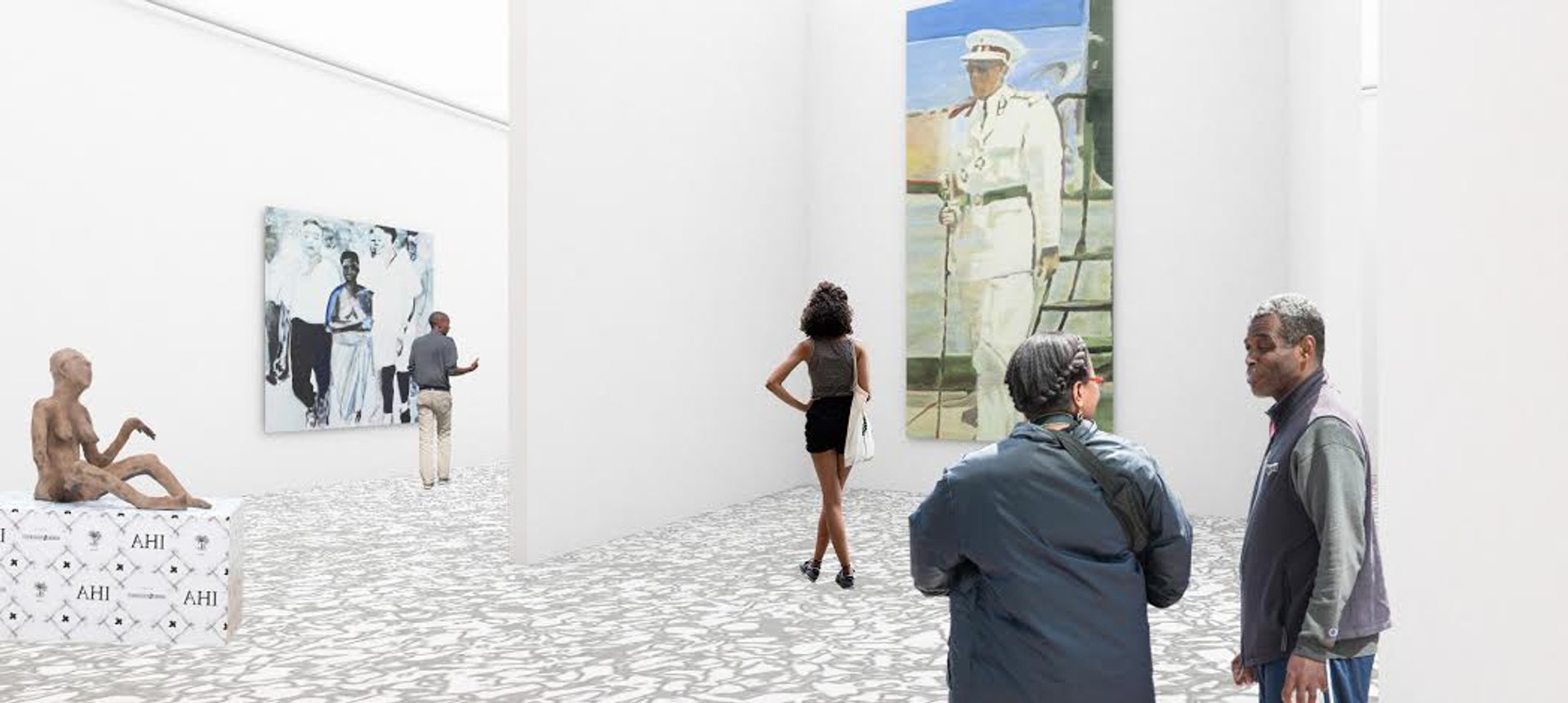
The exhibition will feature new sculpture, drawing and video works by some of the 18 artists in the collective, whose chocolate sculptures—sold abroad to support members’ families, buy back plantation land and fund local initiatives—were recently shown in New York at the Sculpture Center and the Armory Show. Other Congolese artists and high-profile international artists such as Carsten Höller, Marlene Dumas and Luc Tuymans are also included in the show.
Admission is free, although as fee will be charged for lodging and meals for visitors. The space will also host conferences and artists’ studio work. Programmes will be held in Lingala and French, with translation assistance for English speakers.
This “post-plantation”, as Renzo Martens, the Dutch artist and artistic director for the Institute for Human Activities, describes it is “inclusive, ecological, and plantation-worker-owned”. The opening of the centre is only the beginning: it also kicks off a five-year research project with the end goal of creating a new sustainable economic model, using art as a catalyst, to be initiated all over the country.


